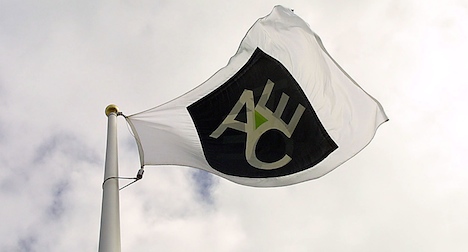The boards of directors of both companies unanimously approved the deal, they said.
The accord would create a giant with shareholder equity of nearly $46 billion and cash, investments and other assets of $150 billion, based on end-2014 data.
“Together, ACE and Chubb will create a global leader in commercial and personal property and casualty (P&C) insurance, with enhanced growth and earning power and an exceptional balance of products,” the two said in a statement.
They also said that the combination, with a more diverse product line, will reduce their vulnerability to the challenging pricing cycle of the P&C industry.
Zurich-based Ace is a leading commercial insurer in 54 countries, and in the US market is strong in providing insurance for industrial, commercial, multinational and upper middle market companies.
Chubb operates in 25 countries and leads the market in global accident and health services.
“We have complementary product strengths — where one of us is not present, the other is,” said Ace chairman and chief executive Evan Greenberg.
“Where one of us is strong, the other is even stronger. Where there is overlap in product, generally one of us is more present at the large end of the corporate market while the other is serving the smaller or mid-market segment.”
The combined company will adopt the Chubb brand, and be based in Zurich with Greenberg as chairman and CEO.
Chubb shareholders will receive cash and Ace shares worth $124.13 per Chubb share, based on Ace's June 30th closing price.
That represents a 30 percent premium on Chubb's closing price Tuesday.
Chubb shares jumped 32.9 percent in early New York Stock exchange trade on Wednesday to $126.48.
Ace shares meanwhile added six percent to $107.79.



 Please whitelist us to continue reading.
Please whitelist us to continue reading.
Member comments